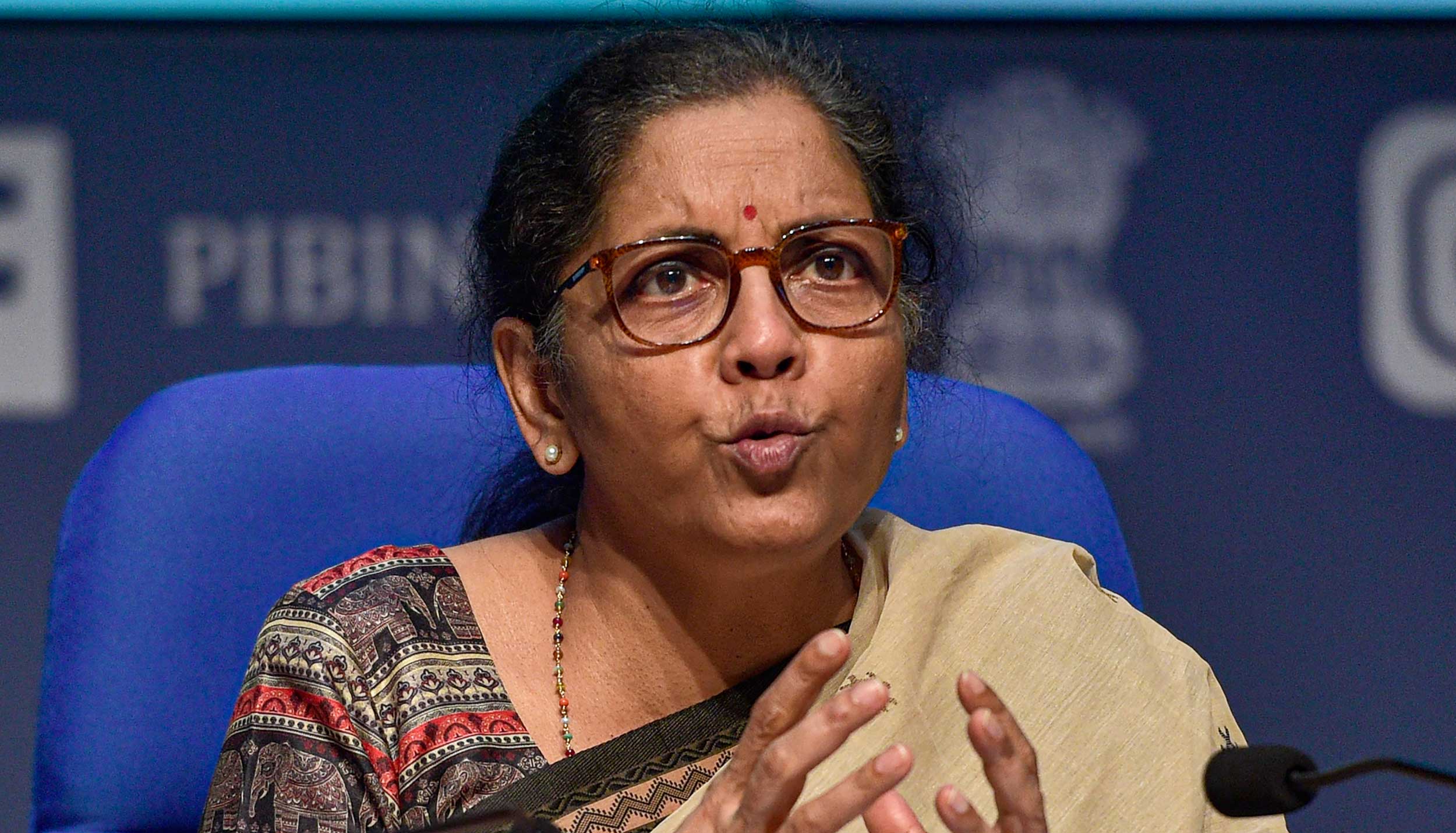Finance minister Nirmala Sitharaman did not elaborate on how much of the government’s Rs 20-lakh-crore reform package comprises higher government expenditure.
Higher expenditure will increase the fiscal deficit threatening a sovereign rating downgrade, which the Centre wants to avoid.
Sitharaman declined to spell out the fiscal impact of the stimulus package. “We have not even completed two full months of the fiscal year. We will talk about fiscal deficit a bit later.”
EY said the Rs 20-lakh-crore package is 10 per cent of India’s GDP but “it is to be financed only to a limited extent by additional budgetary resources which amount to 10 per cent of the overall package”.
It said about 5 per cent of the package was already provided in the budget for the 2020-21 fiscal. The balance of 85 per cent relates primarily to liquidity easing measures by the Reserve Bank of India (RBI), credit line by banks and support to shadow banks.
N.R. Bhanumurthy of the National Institute of Public Finance and Policy said “one could call it a reform policy package as it did not have significant fiscal stimulus measures”.
He said the liquidity enhancing steps certainly indicate that the concerns expressed by rating agencies on a possible review of sovereign rating were at the back of the mind of the policy makers while formulating the package.
Eminent economist Pronab Sen said most of it were supply side measures and would not create demand. They are not fiscal stimulus measures as most of it is providing liquidity. “What was needed for supply side given the economic impact of the lockdown has been provided by the stimulus package. But it falls short on the demand side. The policy measures had to be a combination of both. But that does not seems to have been achieved.”
Among the steps announced by Sitharaman on Sunday, only the higher allocation of Rs 40,000 crore on the rural job programme can be considered as higher government expenditure.











